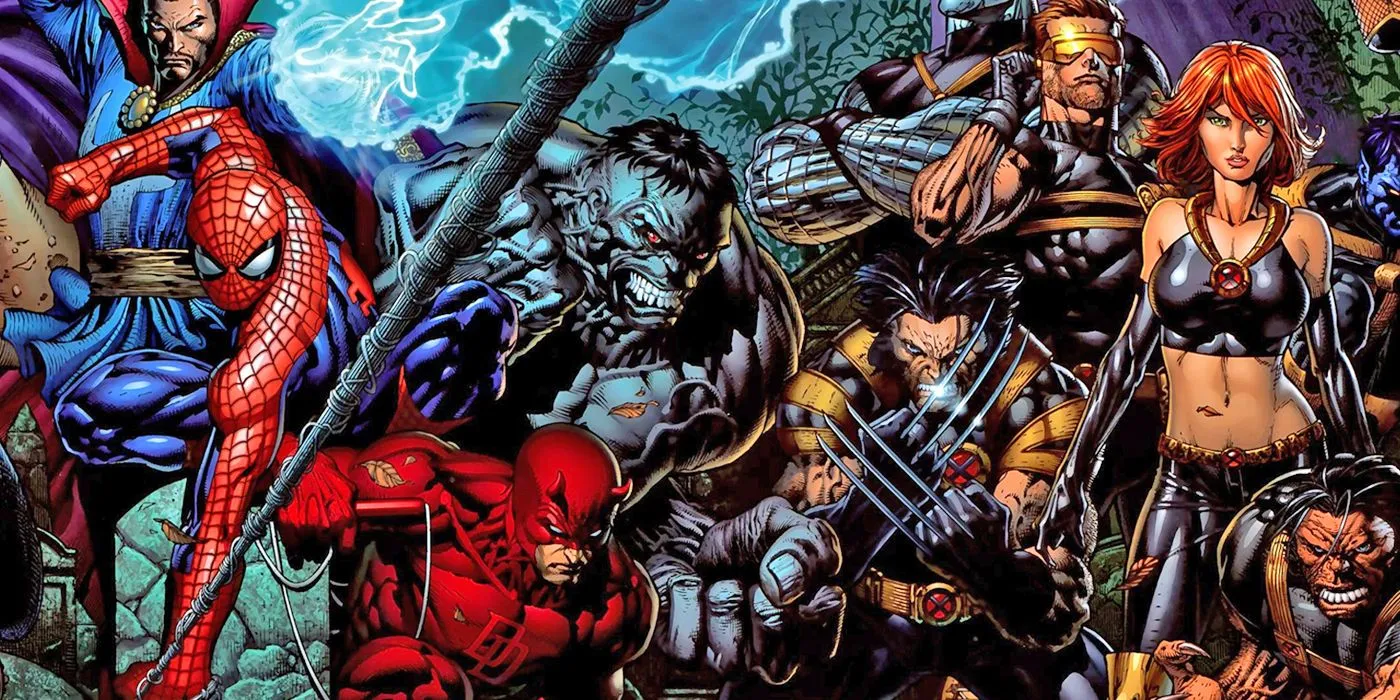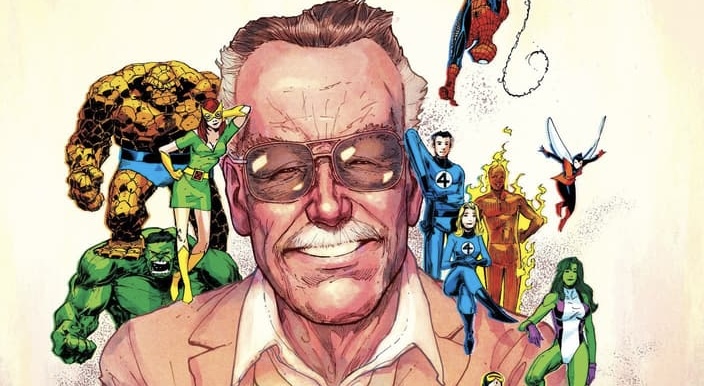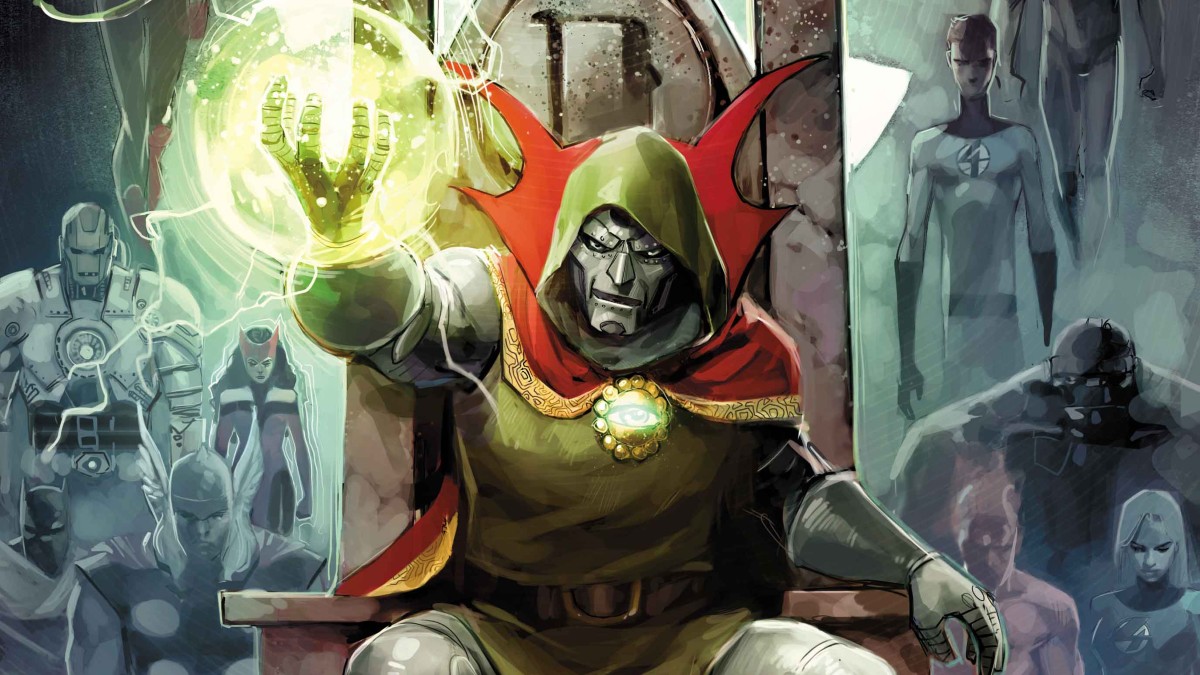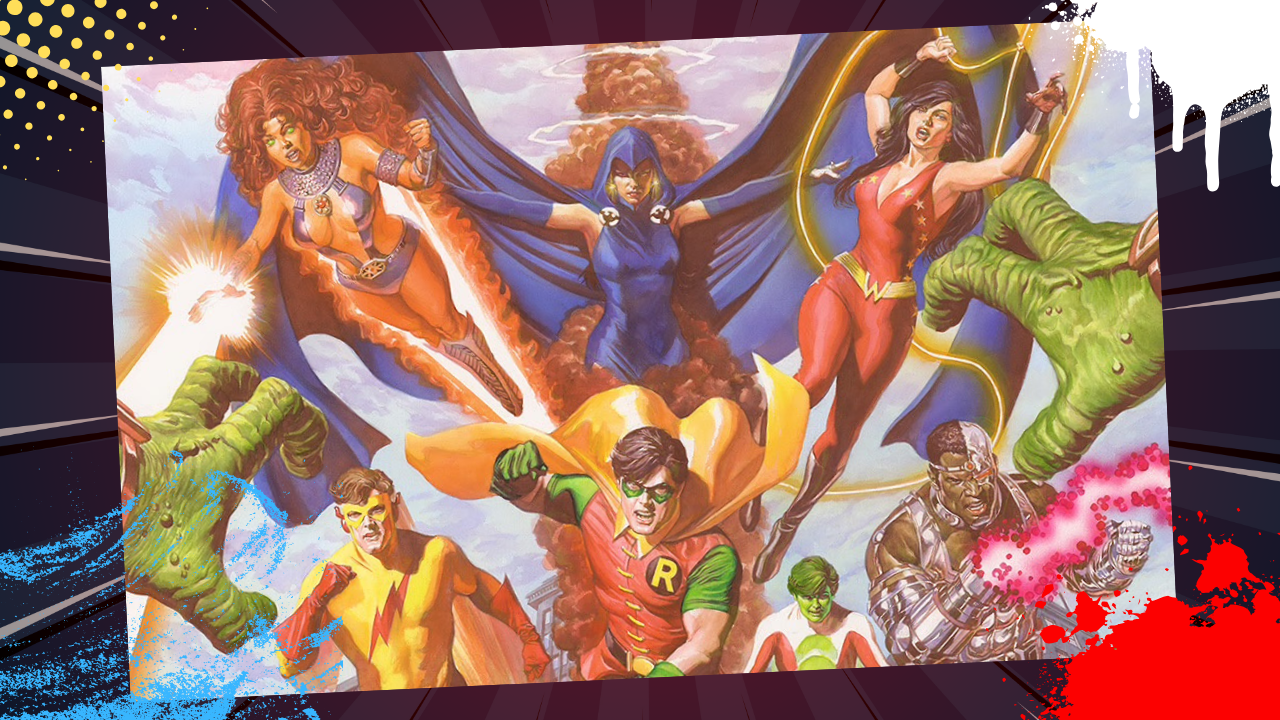The Marvel Ultimate Universe, often simply referred to as the Ultimate Universe, is one of the most influential alternate universes in the history of comic books. Launched in the early 2000s, this universe was a bold experiment by Marvel Comics to modernize and reimagine its classic characters and stories. Over its lifespan, it not only reinvigorated Marvel’s comic book sales but also left a lasting legacy that continues to influence the broader Marvel Universe and its adaptations in other media, including movies and television.
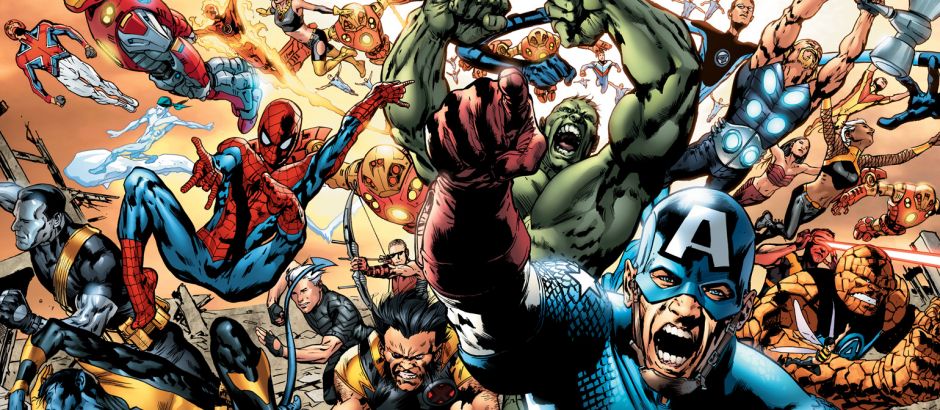
The Ultimate Universe was born out of a necessity to address the declining sales and the increasingly convoluted continuity of Marvel’s main universe, known as Earth-616. By the late 1990s, new readers found it challenging to jump into decades-old storylines. To counter this, Marvel decided to create a new, separate universe that would serve as a fresh start, free from the constraints of existing continuity.
The initiative began in 2000 with the release of “Ultimate Spider-Man” by writer Brian Michael Bendis and artist Mark Bagley. This series reimagined Peter Parker’s origin story for a modern audience. It was followed by “Ultimate X-Men” by Mark Millar and Adam Kubert, which brought a contemporary take on the mutant saga. The success of these titles led to the launch of “The Ultimates”, a modern reimagining of the Avengers by Mark Millar and Bryan Hitch, and “Ultimate Fantastic Four” by Brian Michael Bendis, Mark Millar, and artist Adam Kubert.

One of the defining features of the Ultimate Universe was its modern take on Marvel’s iconic characters. For instance, Peter Parker was re-envisioned as a contemporary teenager dealing with high school drama and modern societal issues. The X-Men were portrayed as an outlaw group in a world that feared and hated them more openly than ever before.
The Ultimate Universe often adopted a darker and more realistic tone compared to the main Marvel Universe. “The Ultimates,” for example, presented its characters with more flawed and complex personalities. Captain America was portrayed as a soldier out of his time, dealing with PTSD and a vastly changed world. Thor was depicted as an environmentalist who might or might not be delusional about his divine heritage.
Without decades of continuity to adhere to, the Ultimate Universe could streamline its storytelling. This allowed for more coherent and accessible story arcs. Events and character arcs that took years to unfold in the main universe could be introduced and resolved more swiftly, making the comics more appealing to new readers.
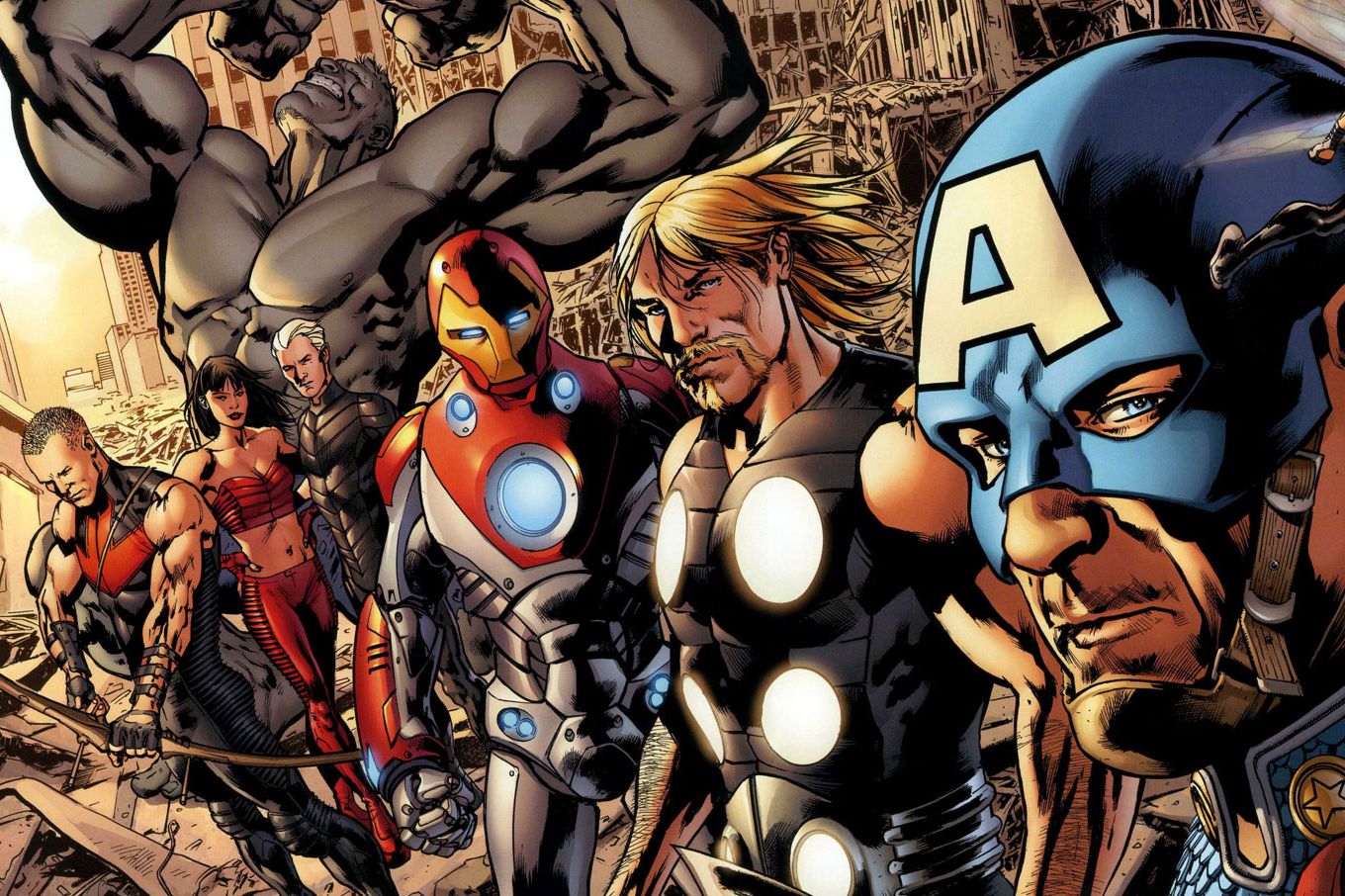
One of the most controversial and significant events in the Ultimate Universe was “Ultimatum” (2009). Written by Jeph Loeb and illustrated by David Finch, this crossover event sought to drastically reshape the Ultimate Universe. The story saw Magneto reversing the Earth’s magnetic poles, leading to widespread destruction and the deaths of many characters, including major heroes like Wolverine and Cyclops. The event was intended to streamline the Ultimate Universe further, but it received mixed reactions due to its high death toll and the drastic changes it introduced.
Another pivotal storyline was “The Death of Spider-Man” (2011). In this arc, written by Brian Michael Bendis and Mark Millar, Peter Parker dies heroically while saving Aunt May from the Green Goblin. This storyline had a profound impact, leading to the introduction of a new Spider-Man, Miles Morales, a biracial teenager who would become one of Marvel’s most beloved characters. Miles’ introduction was praised for its diversity and fresh take on the Spider-Man mythos.
Following the death of Peter Parker, “Ultimate Fallout” (2011) dealt with the aftermath of his death and the emergence of Miles Morales as the new Spider-Man. This series provided a deeper exploration of the impact of Peter’s death on the Ultimate Universe and solidified Miles Morales as a significant character.
The Ultimate Universe had a profound influence on the main Marvel Universe (Earth-616). Many elements and characters from the Ultimate Universe were integrated into the main continuity. For example, Nick Fury’s redesign in the Ultimate Universe, which portrayed him as an African American man resembling actor Samuel L. Jackson, was later adopted in the main Marvel Universe and in the Marvel Cinematic Universe (MCU).
The Ultimate Universe had a significant impact on the Marvel Cinematic Universe. The characterization and tone of “The Ultimates” heavily influenced the depiction of the Avengers in the MCU. The modern, realistic take on characters like Iron Man, Thor, and Captain America helped shape their portrayals in the movies. Samuel L. Jackson’s casting as Nick Fury is a direct result of his likeness being used in the Ultimate Universe.
Miles Morales, introduced in the Ultimate Universe, has become a prominent figure in both comics and other media. His character brought much-needed diversity to the Spider-Man legacy and has been featured in the highly successful animated film “Spider-Man: Into the Spider-Verse” and its sequels, further cementing his place in popular culture.

Despite its early success and lasting impact, the Ultimate Universe eventually saw a decline in popularity. Various factors contributed to this, including controversial storylines like “Ultimatum” and the diminishing novelty of the separate universe concept. Sales for Ultimate titles began to drop, and by the mid-2010s, the Ultimate Universe was no longer the powerhouse it once was.
The Ultimate Universe officially came to an end with the 2015 “Secret Wars” crossover event, written by Jonathan Hickman. In this storyline, the multiverse was destroyed and reformed, leading to the integration of select elements from the Ultimate Universe into the main Marvel Universe. This included characters like Miles Morales, who continued his adventures alongside Peter Parker in the main continuity.
The legacy of the Ultimate Universe is evident in the way it modernized and revitalized Marvel Comics. It provided a fresh entry point for new readers and inspired many of the changes seen in the Marvel Cinematic Universe. The success of characters like Miles Morales and the adoption of Ultimate designs and story elements in the main universe underscore its lasting impact.

The Ultimate Universe demonstrated the potential of reimagining classic characters and stories for contemporary audiences. It showed that comic book universes could evolve and adapt without being bound by decades of continuity. This approach has influenced not only Marvel but also other comic book publishers, encouraging them to explore alternate realities and reboots.
The Marvel Ultimate Universe was a groundbreaking initiative that redefined how comic book stories could be told. It modernized classic characters, introduced new and diverse heroes, and left a mark on both the comic book industry and popular culture. The Ultimate Universe’s legacy is a testament to the power of innovation and the enduring appeal of Marvel’s iconic characters.

